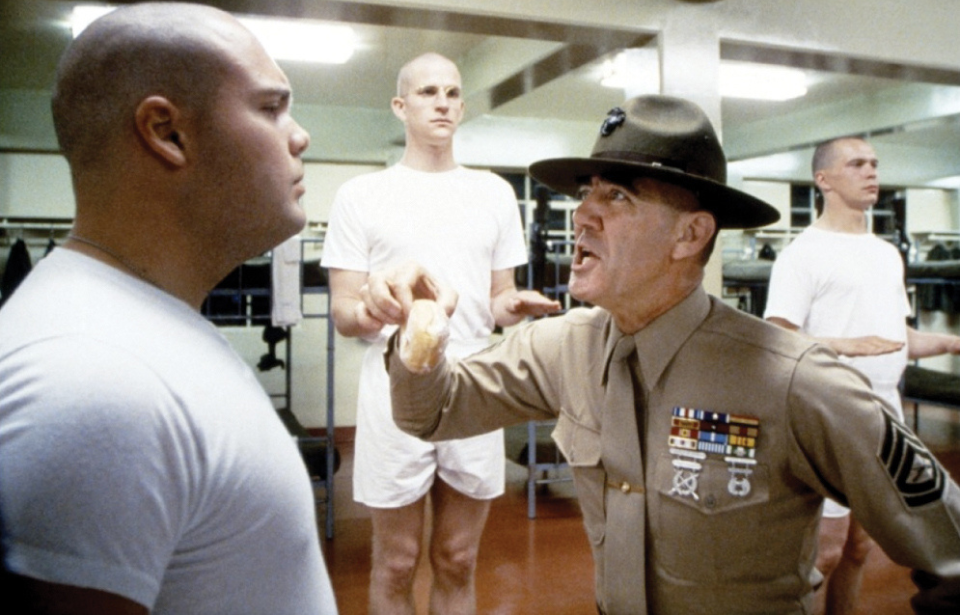R. Lee Ermey became widely known for his portrayal of Gunnery Sgt. Hartman in Stanley Kubrick’s 1987 film Full Metal Jacket. Beyond his acting career, Ermey served in the U.S. Marine Corps, with tours in Vietnam and Okinawa. He was also a dedicated advocate for active-duty service members.
A young R. Lee Ermey’s run-ins with the law
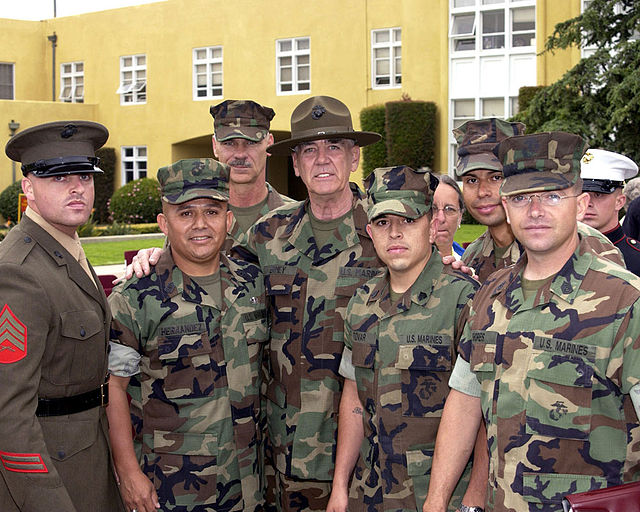
R. Lee Ermey, born on March 24, 1944, in Emporia, Kansas, grew up as one of six siblings. His formative years were spent on a farm near Kansas City, where he lived until he was 14. In 1958, his family relocated to Zillah, Washington.
As a teenager, Ermey had several run-ins with the law, including two arrests for criminal mischief by the age of 17. After his second legal trouble, he faced a crucial decision: serve time in jail or join the US military. Choosing the latter, Ermey began a new chapter in his life.
An 11-year-long career with the US Marine Corps
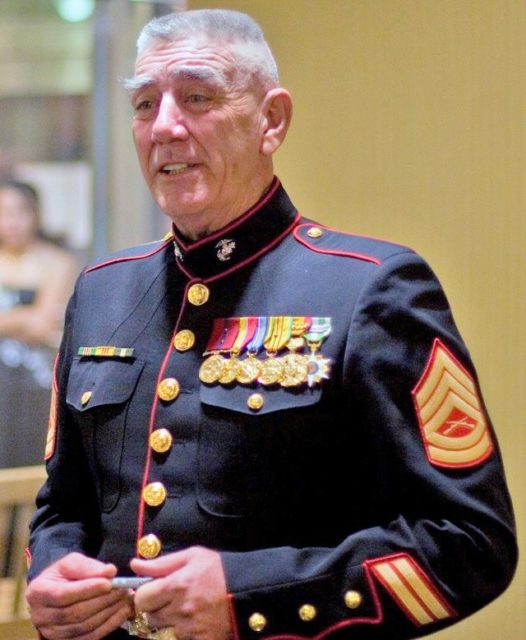
Initially, R. Lee Ermey had hoped to join the US Navy, but was turned down because of his past. As such, he enlisted in the US Marine Corps and underwent recruit training at Marine Corps Recruit Depot, San Diego. He served in the aviation support field before becoming a drill sergeant in India Company, 3rd Recruit Training Battalion, stationed at the Recruit Depot from 1965-67.
Following his stint in San Diego, Ermey served with Marine Wing Support Group (MWSG) 17, assigned to Marine Corps Air Station Futenma on Okinawa, Japan. He was then sent to South Vietnam for 14 months, before returning to Okinawa.
There, he was promoted to the rank of staff sergeant and performed aviation duties.
R. Lee Ermey was a decorated US Marine Corps veteran
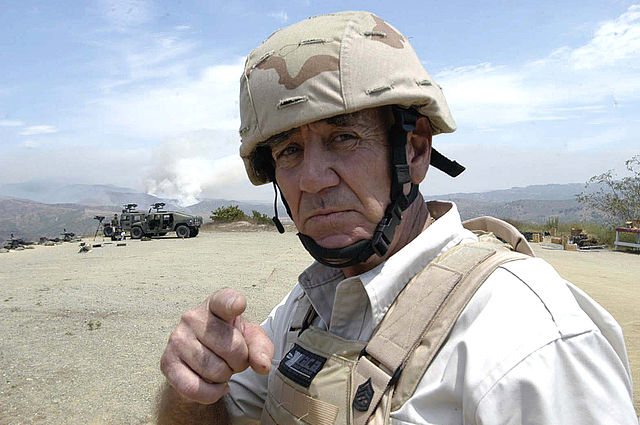
In 1972, R. Lee Ermey was medically discharged from the US Marine Corps due to injuries he sustained while serving. In a 1987 interview with The New York Times, he mentioned that his military career was cut short “by a rocket” in 1969, though he shared few additional details. It was widely known that he lived with shrapnel in his back for the remainder of his life.
Throughout his service, Ermey received numerous commendations, including the Meritorious Unit Commendation, Armed Forces Expeditionary Medal, Sharpshooter Badge, Good Conduct Medal, National Defense Service Medal, Marksman Badge, Vietnam Gallantry Cross, Vietnam Service Medal, and the Vietnam Campaign Medal.
Following his retirement, Ermey was awarded the Marine Corps Instructor Ribbon for his work as a recruit training instructor. In 2002, Marine Corps Commander James L. Jones granted him a rare distinction: a ceremonial promotion to gunnery sergeant, making Ermey the only Marine to receive such an honor after retiring.
Full Metal Jacket (1987)
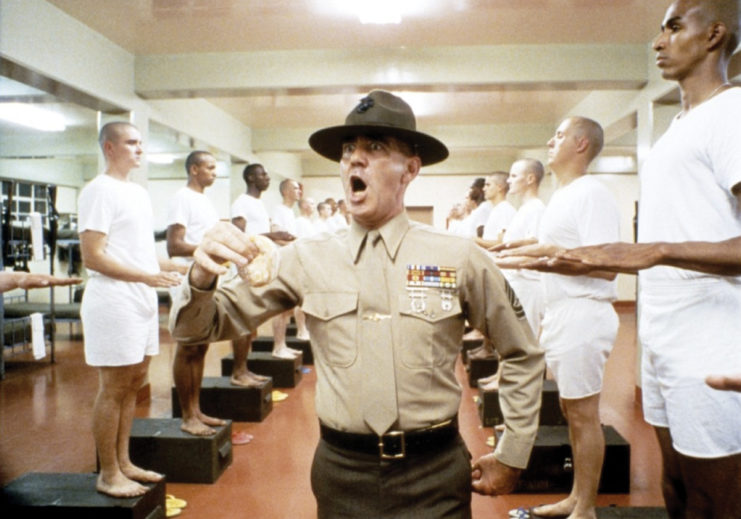
During his acting career, R. Lee Ermey appeared in over 60 film and television productions. His first role was as a helicopter pilot in Francis Ford Coppola’s Apocalypse Now (1979), where he also worked as the film’s technical advisor. At that time, he was studying criminology and drama at the University of Manila.
Ermey continued to take on smaller roles until he was cast in 1987’s Full Metal Jacket. Director Stanley Kubrick originally hired him as the movie’s technical advisor, but after viewing an instructional tape Ermey had recorded, Kubrick decided to cast him as Gunnery Sgt. Hartman. Ermey was given the freedom to modify and improvise his dialogue for greater authenticity, which earned him a Golden Globe nomination for Best Supporting Actor.
R. Lee Ermey’s other on-screen work
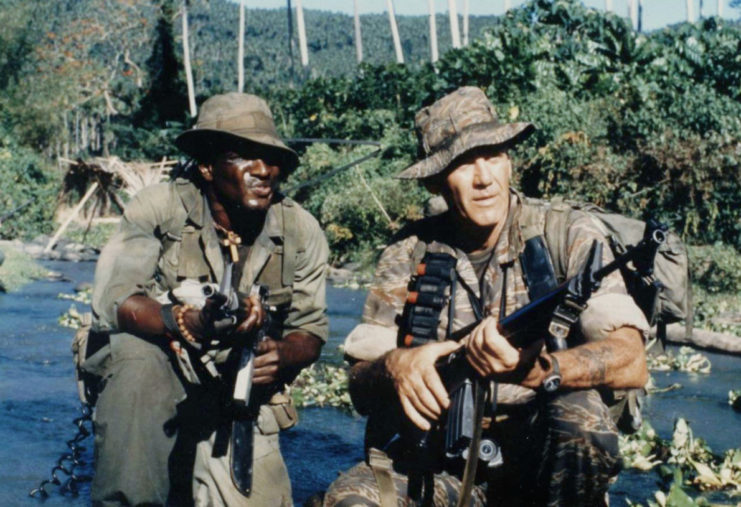
Other notable appearances by R. Lee Ermey were the Toy Story franchise, the 2003 remake of the Texas Chainsaw Massacre, Mississippi Burning (1988) and Dead Man Walking (1995). Outside of film, he lent his voice to a host of animated series, including The Simpsons (1989-present), Family Guy (1999-present), The Grim Adventures of Bill & Mandy (2003-07) and Invader Zim (2001-02).
He did the same for a number of video games, such as Fallout Tactics: Brotherhood of Steel and Crash Bandicoot: The Wrath of Cortex.
From 2002-09, Ermey hosted Mail Call on History Channel, where he answered viewers questions about the military. In 2003, he traveled to Kuwait during the opening phase of Operation Iraqi Freedom to film the US Department of Defense’s mail distribution to service personnel. He also hosted Lock n’ Load with R. Lee Ermey on History Channel, covering the development of different weapon types, and GunnyTime on Outdoor Channel.
R. Lee Ermey ‘bought a run-down bar’
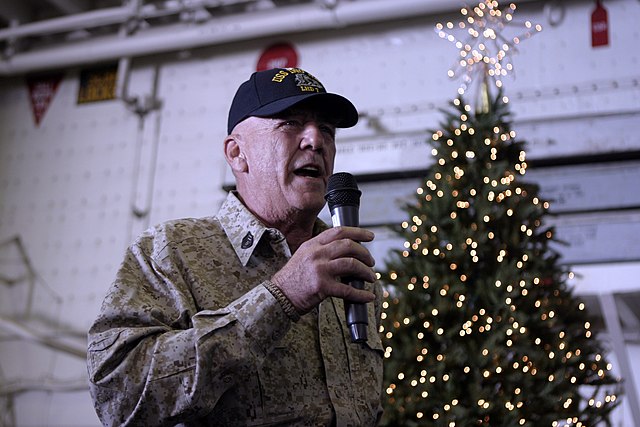
Speaking with Entertainment Weekly in 1997, R. Lee Ermey explained that, following his retirement, he “bought a run-down bar and w********* in Okinawa.” His fellow servicemen received “honorary memberships” in exchange for helping him renovate the establishment. “I was doing a little black-marketing and the Okinawa FBI got hot on my trail,” he explained. “So I boogied on out to the Philippines.”
It was there he met his wife, Nila, whom he married in 1975. The pair had four children and remained married until his death. Once back in the US, he co-founded Bravery Brewing, located in Lancaster, California.
Continuing his work with the US Marine Corps until his death
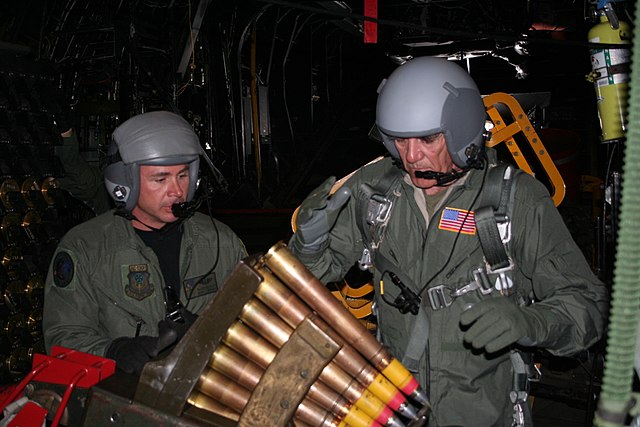
Despite his retirement, R. Lee Ermey continued to visit Marine Corps Recruit Depot, San Diego and Marine Corps Recruit Depot, Parris Island, speaking with recruits. He also conducted morale tours in Iraq and Afghanistan. While at Bagram Airfield, he held a USO-type show, during which he put on a comedy routine and portrayed his character of Gunnery Sgt. Hartmann. He organized similar shows in Doha, Qatar, and Camp Doha, Kuwait City, Kuwait.
Outside of his visits to military installations, Ermey also dedicated his time to veterans’ affairs and charities that benefitted military personnel and their families.
Want War History Online‘s content sent directly to your inbox? Sign up for our newsletter here!
R. Lee Ermey passed away on April 15, 2018, due to complications from pneumonia. He was 74 years old. Just under a year later, in January 2019, his ashes were buried in Section 82 of Arlington National Cemetery. Around 100 loved ones and fans gathered for the ceremony, which included a firing party, a casket team, a bugler and the folding and presentation of the American flag.
